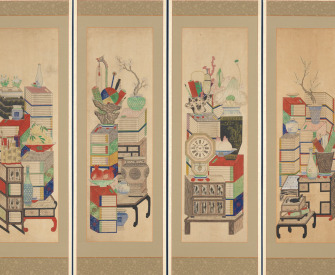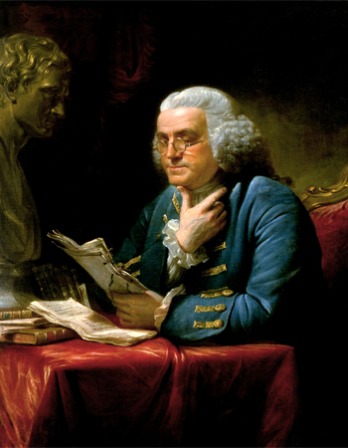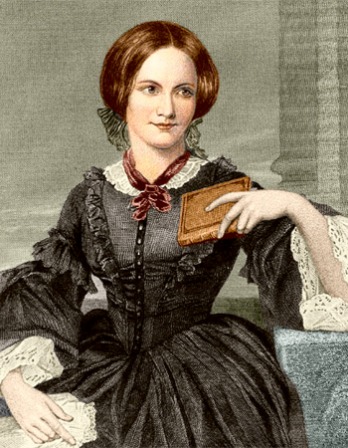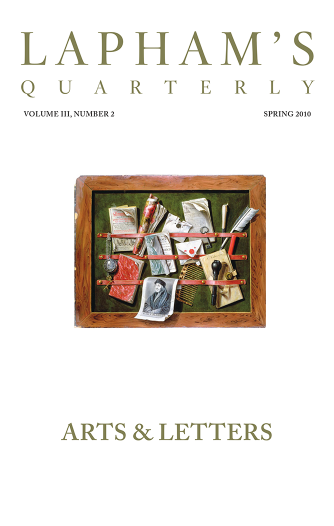Marry
Children—(if it please God)—constant companion, (friend in old age) who will feel interested in one, object to be beloved and played with—better than a dog anyhow—
Home, someone to take care of house—
Charms of music and female chitchat.
These things good for one’s health. Forced to visit and receive relations but terrible loss of time.
My God, it is intolerable to think of spending one’s whole life like a neuter bee, working, working, and nothing after all.
No, no, won’t do.
Imagine living all one’s day solitarily in a smoky, dirty London house. Only picture to yourself a nice, soft wife on a sofa with good fire, and books and music perhaps—compare this vision with the dingy reality of Great Marlborough St.
Marry—Marry—Marry
Not Marry
No children, (no second) no one to care for one in old age.
What is the use of working without sympathy from near and dear friends—who are near and dear friends to the old except relatives.
Freedom to go where one liked—choice of society and little of it. Conversation of clever men at clubs.
Not forced to visit relatives and to bend in every trifle—to have the expense and anxiety of children—perhaps quarrelling. Loss of time—cannot read in the evenings—fatness and idleness—anxiety and responsibility—less money for books, etc.—if many children forced to gain one’s bread.
(But then it is very bad for one’s health to work too much)
Perhaps my wife won’t like London; then the sentence is banishment and degradation with indolent, idle fool.
From his notebooks. Darwin at the age of twenty-two set sail on the HMS Beagle in 1831, finding in the Brazilian rainforest “a chaos of delight,” experiencing an earthquake and tidal wave in Chile, and encountering iguanas and tortoises on the “frying hot” Galapagos Islands. Drafting this list of pros and cons around the same time that he was outlining his theory of natural selection, also in his notebooks, he wed in 1839 his first cousin Emma Wedgwood, to whom he remained married for the rest of his life.
Back to Issue




